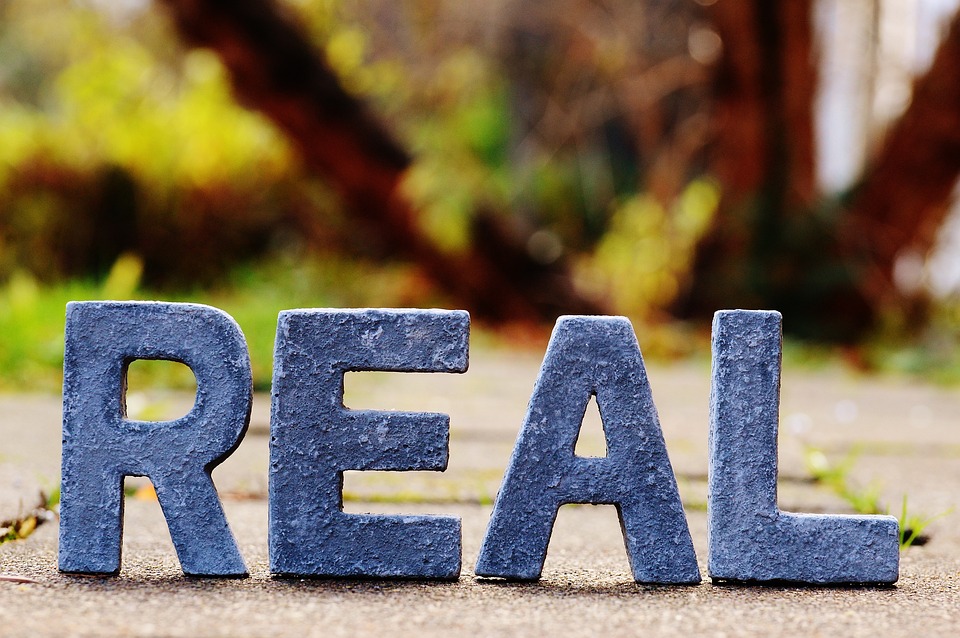[ad_1]
Keyword: Vegan Diet
Title: The Ultimate Guide to Vegan Diet: Everything You Need to Know
Table of Contents:
1. Introduction to Vegan Diet
2. Benefits of a Vegan Diet
3. Foods to Eat on a Vegan Diet
4. Foods to Avoid on a Vegan Diet
5. How to Maintain a Balanced Vegan Diet
6. Tips for Transitioning to a Vegan Diet
7. FAQs about Vegan Diet
8. Conclusion
Meta Description: Learn all about the benefits of a vegan diet, what to eat and avoid, and how to maintain a balanced vegan lifestyle in this ultimate guide.
H1: The Ultimate Guide to Vegan Diet
H2: Introduction to Vegan Diet
The vegan diet is a plant-based eating plan that eliminates all animal products, including meat, dairy, and eggs. Many people choose to follow a vegan diet for ethical, environmental, and health reasons.
H2: Benefits of a Vegan Diet
There are numerous benefits to following a vegan diet, including lower risk of heart disease, improved digestion, weight loss, and reduced environmental impact. Vegan diets are also rich in fiber, vitamins, and minerals.
H2: Foods to Eat on a Vegan Diet
On a vegan diet, you can enjoy a wide variety of plant-based foods, including fruits, vegetables, legumes, whole grains, nuts, and seeds. It’s important to focus on getting a good balance of protein, fats, and carbohydrates.
H2: Foods to Avoid on a Vegan Diet
Avoiding animal products means no meat, dairy, eggs, or other animal-derived ingredients. It’s also important to be mindful of hidden animal ingredients in processed foods, such as gelatin or whey.
H2: How to Maintain a Balanced Vegan Diet
To maintain a balanced vegan diet, make sure you are getting enough protein, iron, calcium, vitamin B12, and omega-3 fatty acids. Consider taking supplements if needed and vary your food choices.
H2: Tips for Transitioning to a Vegan Diet
If you’re new to veganism, start by gradually incorporating more plant-based foods into your diet. Seek out vegan alternatives to your favorite foods and experiment with new recipes to keep things interesting.
H2: FAQs about Vegan Diet
H3: Is it hard to get enough protein on a vegan diet?
No, it’s relatively easy to get enough protein on a vegan diet by incorporating foods like legumes, tofu, tempeh, and plant-based protein powders.
H3: Can you get enough iron on a vegan diet?
Yes, iron can be found in plant foods like lentils, spinach, quinoa, and fortified cereals. Consuming vitamin C-rich foods with iron-rich foods can also help with absorption.
H3: Do vegans need to take supplements?
Vegans should consider taking a vitamin B12 supplement, as it’s not naturally found in plant foods. They may also benefit from supplements like vitamin D, omega-3s, and iron based on individual needs.
H4: Conclusion
Following a vegan diet can have many benefits for your health, the environment, and animal welfare. By educating yourself on vegan nutrition and making smart food choices, you can enjoy a balanced and fulfilling plant-based lifestyle.
[ad_2]



